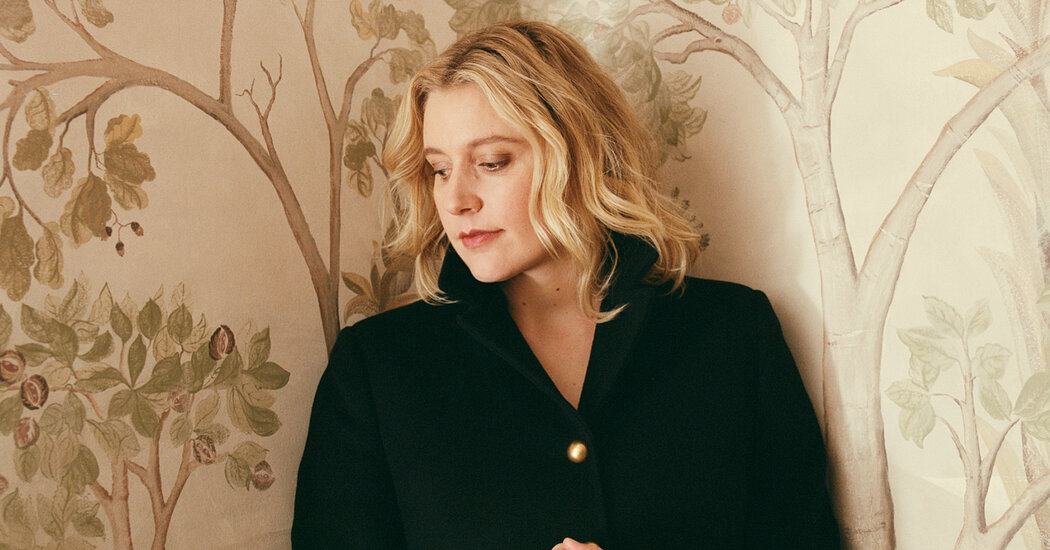
Mr. Baumbach said he’s not immune to competitive feelings, but dryly noted: “I’ve been in a ton of therapy.” He continued, “If I show her something I’m writing, or I show her a cut or something I’m working on that she’s not directly involved in, the highest compliment she pays is, she says, ‘I’m jealous.’” He mused, laughing and echoing Ms. Gerwig: “Maybe if I was 25 and met her, I wouldn’t have been able to handle it.”
In a way, the couple’s early collaboration replicated the dynamic between Woody Allen, Mr. Baumbach’s early idol, and Diane Keaton, an idol for Ms. Gerwig. Ms. Gerwig brought a kooky, boho California lightness to Mr. Baumbach’s darker coiled, neurotic Jewish New York sensibility.
In the beginning, did people think she was the Hollywood ingénue riding on Mr. Baumbach’s reputation? I remind her of the time Barbra Streisand asked Steven Spielberg to watch an early cut of “Yentl,” and then a lot of people falsely assumed he had directed it. Ms. Gerwig grinned and said she showed Mr. Spielberg an early cut of “Little Women” to get his notes, and no one assumed he had directed it.
Ms. Gerwig said that before she started directing, some people assumed that she was just contributing some extemporaneous lines to films she was starring in and Mr. Baumbach was directing, like “Frances Ha” and “Mistress America.”
“People would say things like, ‘Did you help to write the script?’” she recalled. “I was like ‘No, I co-wrote it.’ I think the more work I did and the more authorship I took on, the less that was something that was a question mark. People are more like, ‘Oh, she probably did write those with him because now we can see this work or that.’ That assumption of ‘Oh, you probably didn’t do this really,’ that’s gone away.”
Mr. Baumbach wryly said it goes the other way now, with people talking about “Frances Ha” as though it’s Ms. Gerwig’s sole creation.




